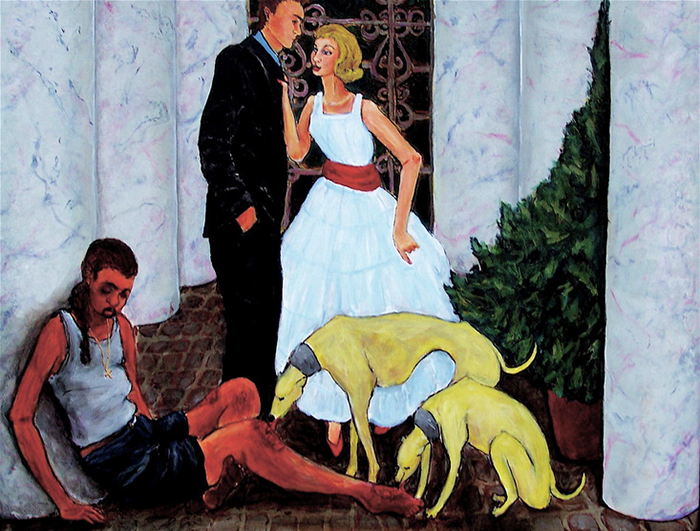
A number of years ago I attended a funeral. The man to whom we were saying goodbye had enjoyed a full and rich life. He’d reached the age of 90 and was respected for having been both successful and honest. But he’d always been a strong man, a natural leader, a man who took charge of things. He’d had a good marriage, raised a large family, been successful in business, and held leadership roles in various civic and church organizations. He was a man who commanded respect although he was sometimes feared for his strength.
His son, a priest, was presiding at his funeral. He began his homily this way: “Scripture tells us that seventy is the sum of a man’s years, eighty for those who are strong. Now, our dad lived for ninety years. Why the extra ten years? Well, it’s no mystery really. It took God an extra ten years to mellow him out! He was too strong and cantankerous to die at eighty! But during the last ten years of his life he suffered a series of massive diminishments. His wife died, he never got over that. He had a stroke, he never got over that. He had to be moved into an assisted living complex, he never got over that. All these diminishments did their work. By the time he died, he could take your hand and say: ‘Help me’. He couldn’t say that from the time he could tie his own shoelaces until those last years. He was finally ready for heaven. Now when he met St. Peter at the gates of heaven he could say: ‘Help me!’ rather than tell St. Peter how he might better organize things.”
This story can help us understand Jesus’ teaching that the rich find it difficult to enter the kingdom of heaven while little children enter it quite naturally. We tend to misunderstand both why the rich find it hard to enter the kingdom and why little children enter it more easily. The lesson here isn’t that riches are bad. Riches, be that money, talent, intelligence, health, good looks, leadership skills, or flat-out strength, are gifts from God. They’re good. It’s not riches that block us from entering the kingdom. Rather it’s the danger that, having them, we will more easily also have the illusion that we’re self-sufficient. We aren’t.
Moreover the illusion of self-sufficiency often spawns another danger: Riches and the comfort they bring, as we see in the parable of the rich man who has a beggar at his door, can make us blind to the plight and hunger of the poor. That’s one of the dangers in not being hungry ourselves. In our comfort, we tend not to see the poor. And so it’s not riches themselves that are bad. The moral danger in being rich is rather the illusion of self-sufficiency that seems to forever accompany riches. Little children don’t suffer this illusion, but the strong do. That’s the danger in being rich, money-wise or otherwise. [Excerpt from Ron Rolheiser’s “Our Struggle with Riches” September 2017]
